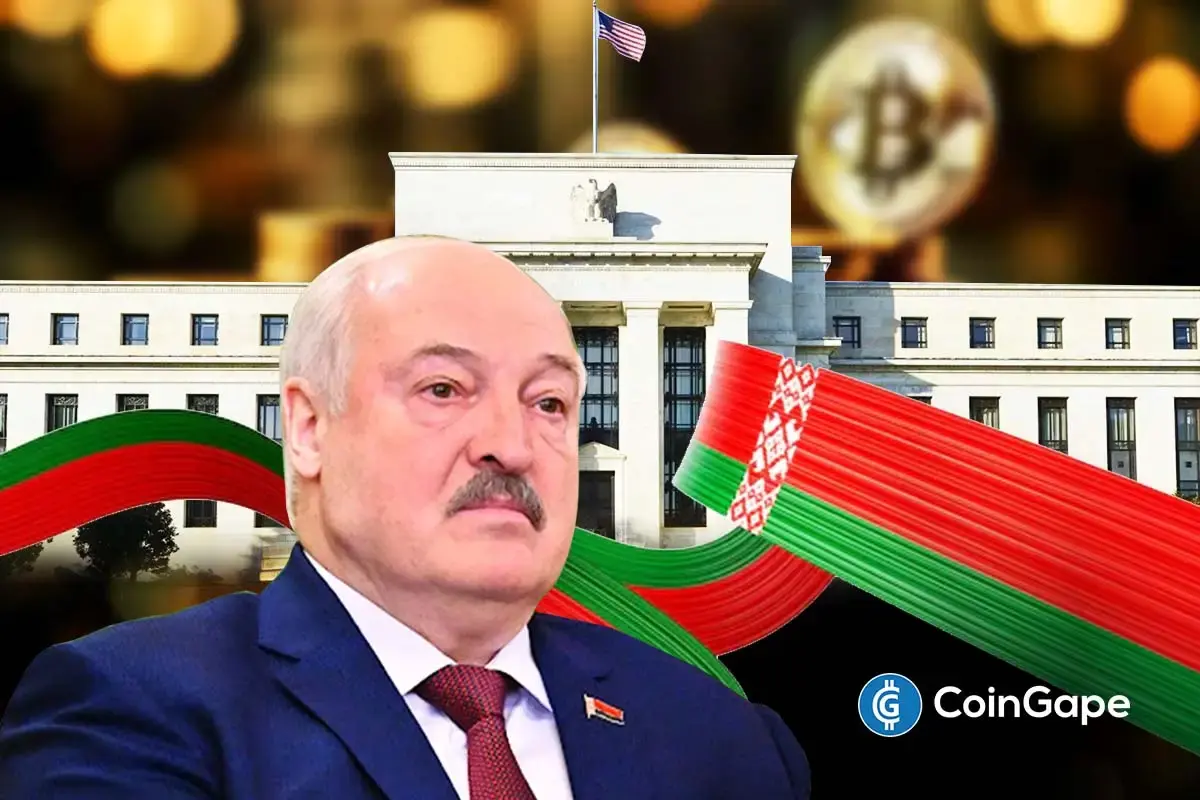Another one bites the dust — this is how the past two days in crypto can be summarized in one sentence. The FTX debacle that rolled out in such a short time is just another example of centralization going bust, and it completes the holy trinity of 2022 crypto-related meltdowns — Three Arrows Capital, Celsius, and now FTX, among many other examples. Is centralized custody of funds still viable, especially in crypto?
I sat down for a talk with Changex CEO Nick Iliev, who is a stout believer in decentralized finance and everything it has to offer. Changex is a CeDeFi project, which takes TradFi elements like SEPA bank accounts and fiat/crypto debit cards, and puts them into a pure, non-custodial DeFi wallet, which offers everything a DeFi veteran would expect. As Nick said himself, the project focuses on security and safety in the first place, and on functionality and interoperability right after that.
“When it comes to asset security it has to be repeated again and again that centralized exchanges, unfortunately, are not risk-free,” says Nick. “We keep seeing the same scenario repeating again and again, and FTX is just another example of this vulnerability. The problems comes not only from centralization in terms of technology, but also in terms of human input, meaning that your funds are at the mercy of, let’s face it, one CEO. For this reason, transparency is a considerable problem, as has been proven in the past. If you look at a timeline of the biggest financial institution hacks in the past few years, they will be almost exclusively crypto-related, and almost exclusively centralized or due to human error. We’re talking about a whopping USD11+ billion in crypto stolen in the past seven years.” Nick adds, as we discuss the vulnerabilities of crypto centralization.
“What needs to be understood is the difference between owning your crypto portfolio and only having access to it. The “your keys, your crypto” mantra is one that is very true. Centralized exchanges only give you access to your coins, but they are still owned by that one governing body. The chance that anyone will be able to access your funds if you hold them in a decentralized wallet falls exponentially, and even more so with a hardware wallet.” he adds.
But is decentralization really the panacea for the weaknesses that plague crypto?
“We all saw what happened to Celsius and now FTX, and there are many more examples to choose from. It’s time to move over to DeFi before it’s too late, seeing as centralization, in its current form, is flawed. The upside of DeFi, aside from the distributed manner of storing information and cryptocurrencies, is that the potential for human error or malevolence is reduced to a minimum. As such, DeFi is inherently democratic in the true sense of the word, because it puts users in complete control.”
Of course, many see complete decentralization as a problem in itself. Being in charge of your own bank requires a great deal of responsibility, because the keys to the safe (and the bank itself) are in your pocket. If you lose them and you don’t have a backup, it’s over for you.
“DeFi is indeed a user-centric system, and naturally this freedom comes in a bundle with responsibility. The way I see it, this responsibility is a small price to pay in exchange for the enormous and numerous benefits that DeFi offers in terms of safety, interoperability, and profitability. It’s a no-brainer for me.”
But then again comes the question as to whether the general public is ready to be its own bank, as many skeptics have pointed out. DeFi is by no means easy to use or self-explanatory, so understanding it and using it are two different things.
“Naturally, as with every new thing that hasn’t gone mainstream yet, there will be a learning curve, but it’s how progress is made. Decentralized projects and exchanges must make sure to not only offer a gateway into DeFi, but also to educate, which is why at Changex we’ll be starting our own Changex Academy, which will serve this purpose. Companies must lead the way and shine a light for inexperienced users and that’s exactly what we want to do”.
The Changex app is available to download on the Google Play Store and the Apple App Store, and the CHANGE token is currently trading on MEXC, HydraDEX, and UniSwap, with a price of $0.0242 at the time of writing.
About ChangeX
ChangeX is a hybrid personal finance mobile app which fuses crypto, DeFi, and banking into a single package. Users can access multi-chain crypto and an array of DeFi investing tools, including first-ever Leveraged Staking, while benefiting from traditional fiat banking, thanks to personal IBANs and SEPA functionality. The ChangeX Crypto Debit Card completes the offering, allowing users to spend crypto and fiat anywhere, and thus experience true financial freedom.
Follow the project on Twitter and Telegram for more information and regular updates.
The Team
ChangeX founders Nick Iliev and Gary Guerassimov have a rich history in developing successful crypto and fintech products, among them xChange.bg — Bulgaria’s leading crypto exchange. HydraChain and LockTrip co-founders Nikola Alexandrov and Hristo Tenchev are also on board, each bringing seven years of blockchain experience to the project. The project’s CTO Martin Kuvandzhiev is one of the core developers at Bitcoin Gold — a hard fork of the source Bitcoin code, which brought decentralization back to retail traders and made mining via common GPUs possible again.
The Advisers
ChangeX’s advisory board features industry experts from some of the biggest names in crypto, DeFi, and finance. SoftBank Vision Fund’s Neil Cunha-Gomes, whose crypto investments include Consensys and Elliptic, has been working alongside seasoned experts Dimiter Gurdjilov and Stefan Ivanov in outlining the company’s strategy and vision. Dimiter Gurdjilov has more than 15 years of investment banking, private equity and business development experience from Merrilll Lynch, JPMorgan, George Soros’ Bedminster Capital, NBGI Private Equity, and Challenger Capital Management. Stefan Ivanov has 25+ years of experience at Citibank, Banque Paribas, and Challenger Capital Management, and has also served as the CEO of Citibank in Bulgaria.
Project representative
Dimitar Rahtaliev
Marketing and Communications Manager















